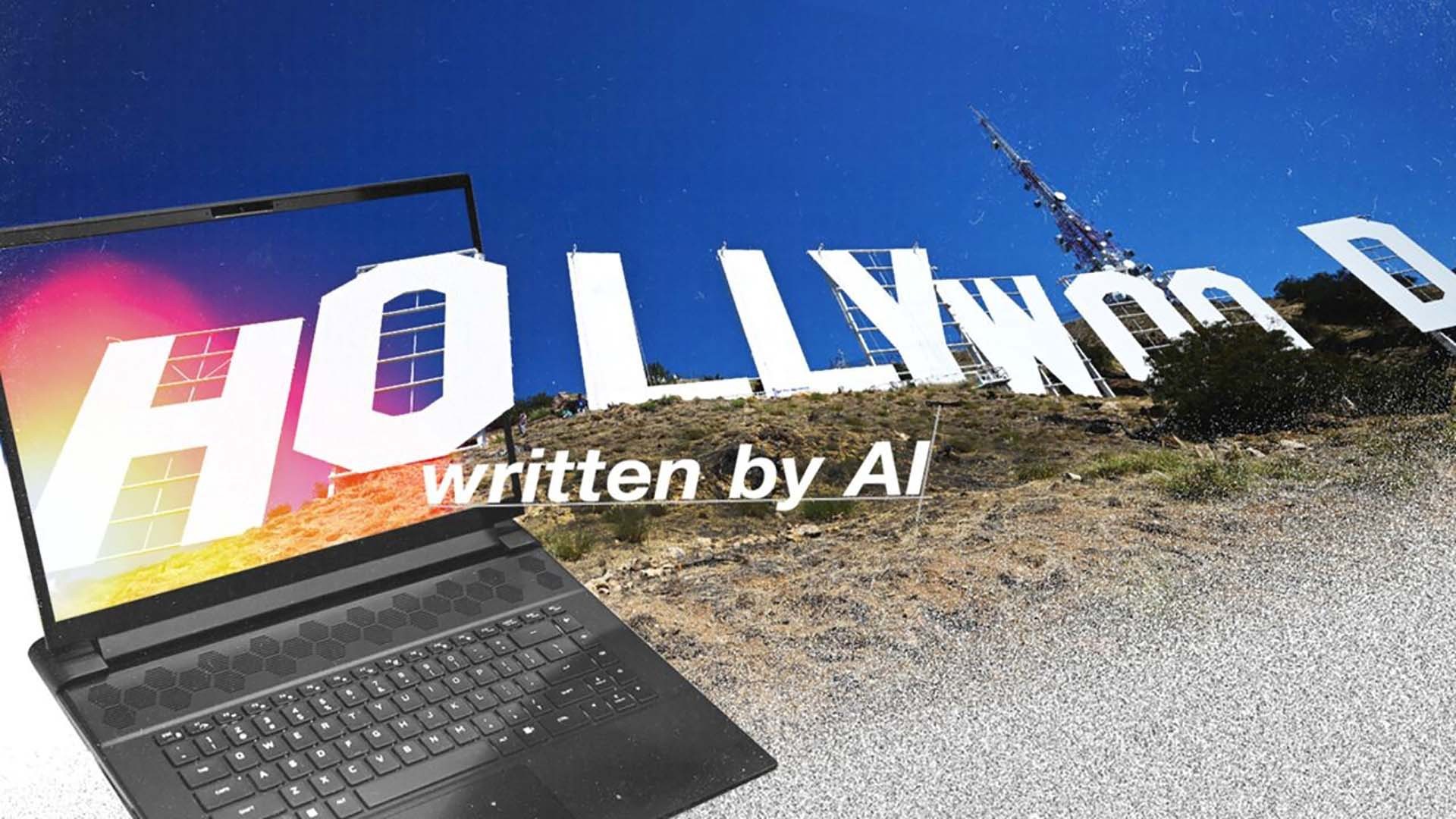 |
| Hollywood screenwriters are worried about the “encroachment” of AI technology. (Source: Getty Images) |
Powerful new AI tools, with vast online data stores, are becoming more and more advanced, making screenwriters like John August wary.
Mr. August, a member of the Writers Guild of America (WGA), the screenwriter of the famous film Charlie's Angels, told CNN : "We are worried that our scripts will be turned into 'material' for AI to create other scripts."
On May 3, Mr. August and more than 11,000 WGA members joined a strike demanding higher wages in Hollywood, New York and Los Angeles, forcing the production of several television shows to be temporarily halted.
Protecting livelihoods
The WGA is asking the Alliance of Motion Picture and Television Producers (AMPTP) to make a series of changes, from raising wages to setting clear guidelines for streaming services, as it fights to protect writers' livelihoods in the face of rapid AI advances.
In a proposal published on the WGA website, they argue: AI should be regulated so that it “cannot write or rewrite literary material, cannot be used as source material” and the work of screenwriters “cannot be used to train AI”.
On March 26, the WGA proposed using AI in scriptwriting without affecting the copyright and sharing of the screenwriter.
Previously, on March 22, the WGA stated that AI-generated materials are not considered “literary content” or “source material.” Literary content refers to the product “script,” and if AI cannot produce literary content, it is not considered screenwriting.
The WGA argues that the distinction between literary works and AI products allows screenwriters to use AI in the writing process without having to negotiate copyright issues with software manufacturers. Therefore, the WGA sees AI as just a tool for screenwriters.
AMPTP says it values the work of creators and that “the best stories are original, profound, and often come from people's own experiences.”
They assert that the AI-generated material is not copyrightable, and the WGA currently defines a “writer” as a “person” and says that “AI-generated material is not eligible for credit.”
The US screenwriters' efforts to negotiate AI are perhaps the latest "battle" to address concerns about advanced technology that has captured the world 's attention over the past six months since ChatGPT was introduced to the public.
Economists at the multinational investment bank Goldman Sachs estimate that as many as 300 million formal jobs globally could be automated by AI. Office workers are expected to be most affected. The impact could come sooner than people think. IBM’s CEO recently said that AI could eliminate thousands of jobs at his company alone in the next five years.
David Gunkel, a professor of communication at Northern Illinois University who tracks AI in media and entertainment, said screenwriters want clear guidance on AI. “AI is replacing human labor in many other areas of content creation, such as copywriting, journalism, SEO writing… The WGA is simply trying to protect its members from technological unemployment,” he said.
While Hollywood film and television writers are leading the charge, other industries are also paying close attention. “Artists, musicians, engineers, real estate professionals, and customer service representatives will all feel the impact of AI,” said Rowan Curran, an analyst at Forrester Research.
Sanctions lag behind AI development
AI technology has been used in Hollywood for years. In the 2018 film Avengers: Infinity Wars , the face of Thanos - the character played by actor Josh Brolin - was partly created using this technology.
Crowd and battle scenes in Lord of the Rings and Meg have used AI. The Indiana Jones series recently used the technology to make Harrison Ford's character look younger. AI is also used for color correction, faster scene finding in post-production, and removing scratches and dust from footage.
Still, the use of AI in screenwriting is in its infancy. In March, a South Park episode called Deep Learning , co-written by ChatGPT, focused heavily on the plot (characters use ChatGPT to talk to girls and do schoolwork).
Most screenwriters are open to using AI, as long as it is used as an assistive tool, or for research, and the screenwriters' efforts are still recognized and used throughout the film production process, Mr. August said.
“Screenwriters are quick to adopt new technologies to help us tell our stories,” said August. “We’ve happily moved from typewriters to word processors, and that has increased productivity. But we don’t need a magical machine that can generate all the scripts.”
Currently, the legal landscape is uncertain, with regulations lagging behind the rapid pace of AI development. In early April, the Biden administration said it was seeking public input on how to hold AI tools like ChatGPT accountable.
“We can't protect studios from making bad choices, we can only protect writers from abuse,” said Mr. August.
Source








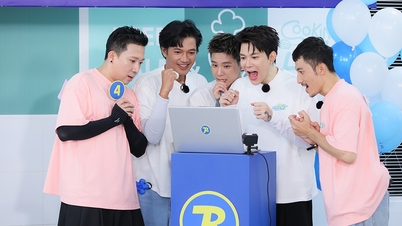







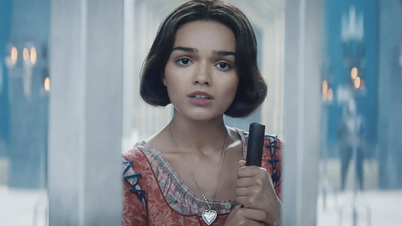
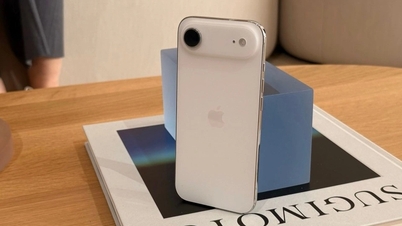



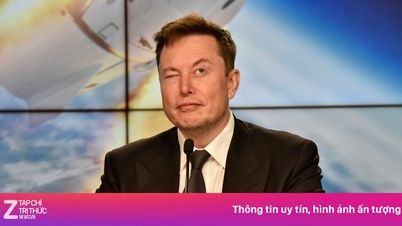

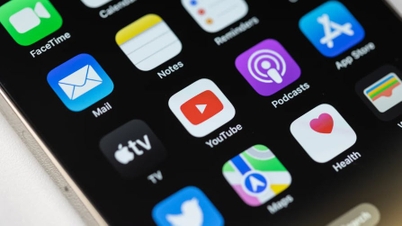

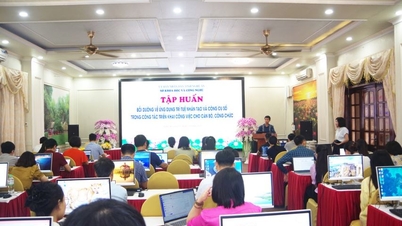

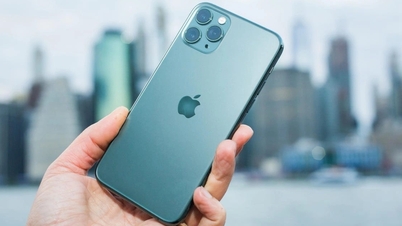




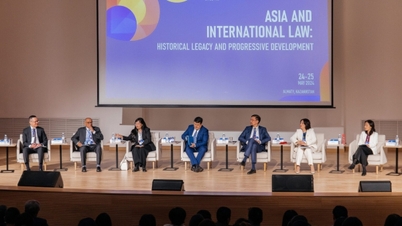
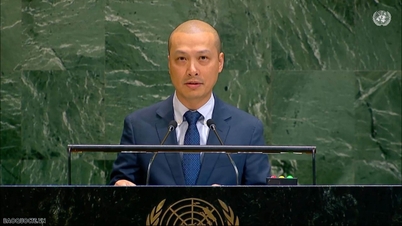
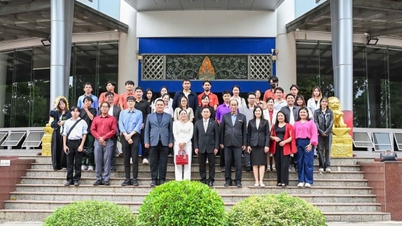

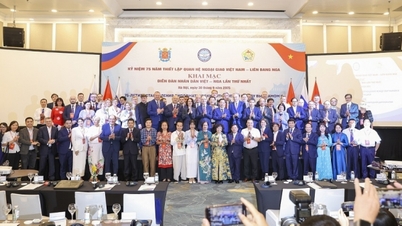
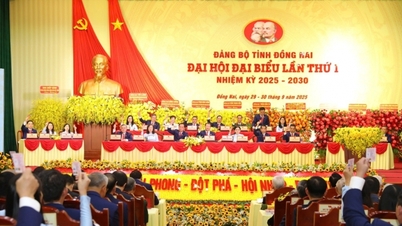

































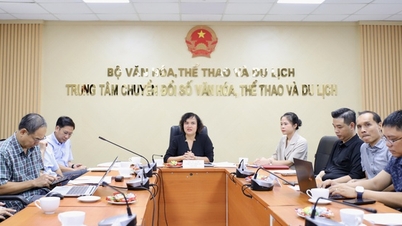
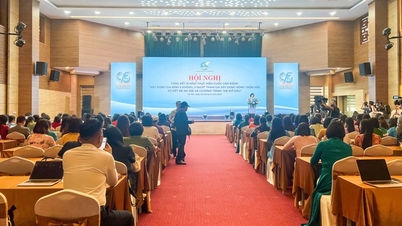
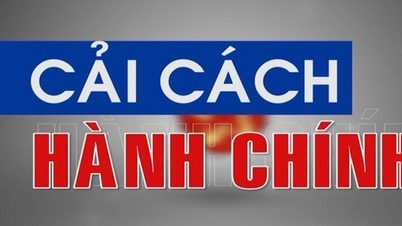



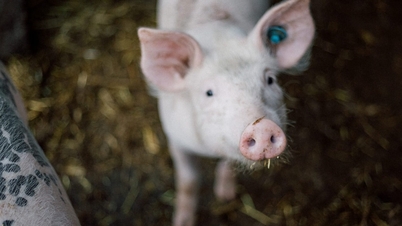






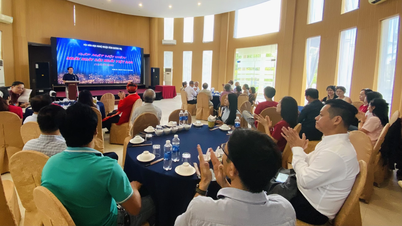

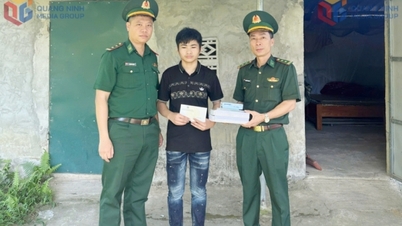














Comment (0)